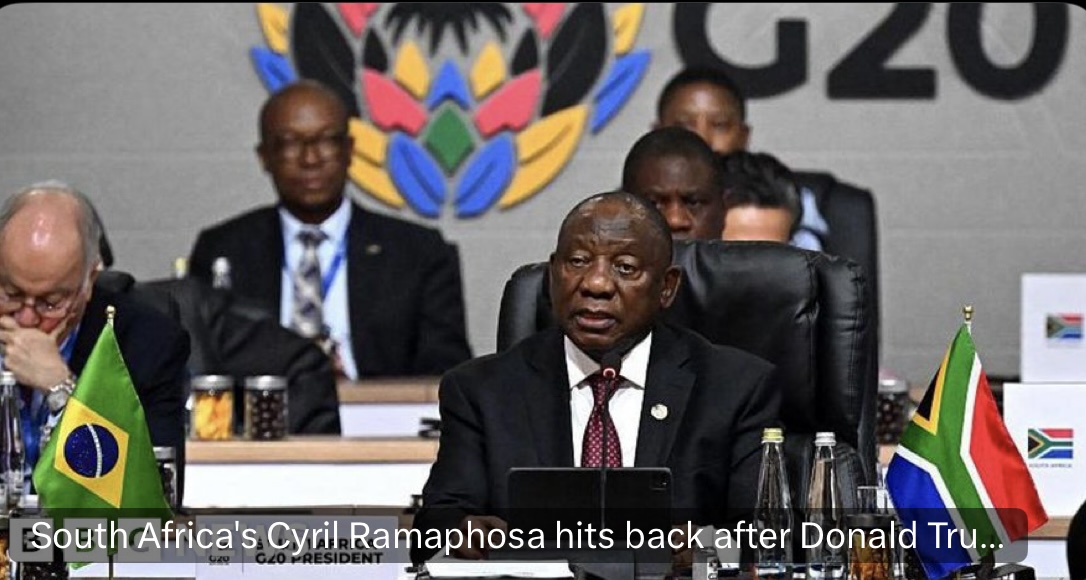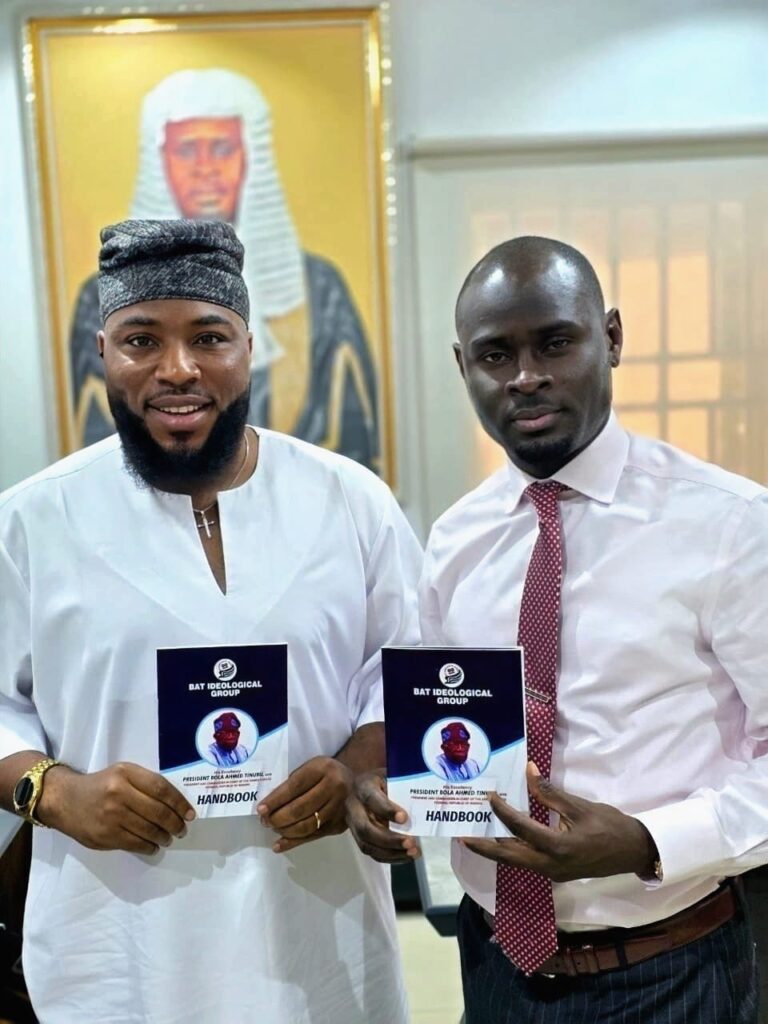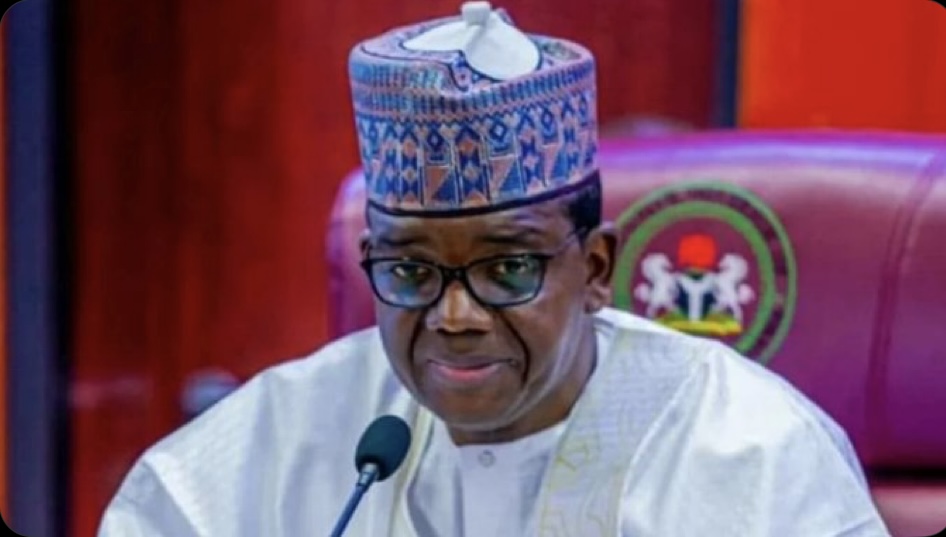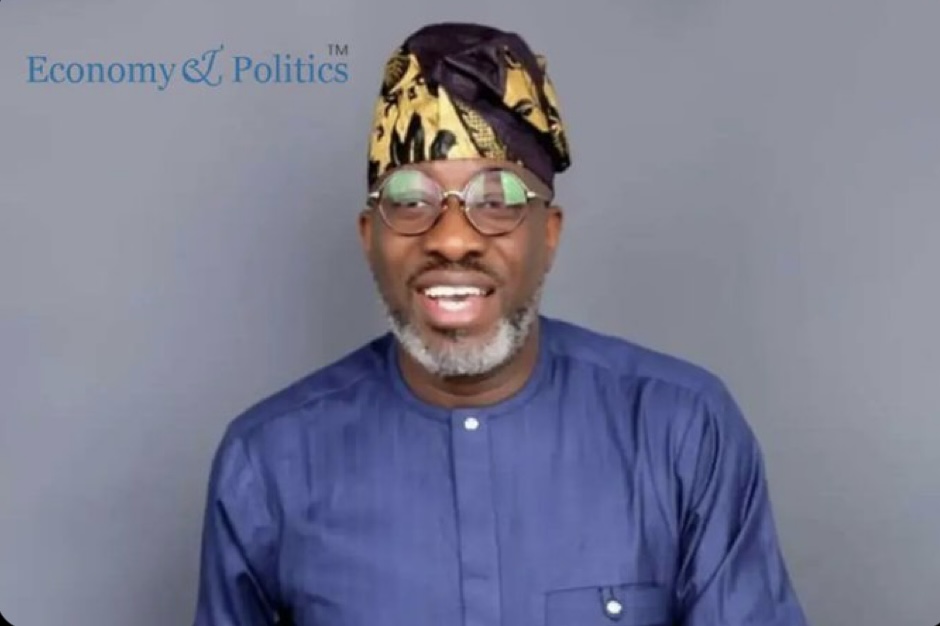Ramaphosa Condemns Trump’s Threat to Exclude South Africa from 2026 G20 Summit

South Africa has hit back at U.S. President Donald Trump’s announcement that it will not be invited to next year’s G20 summit in Miami, describing the move as “punitive” and based on false information.
The development marks a sharp escalation in tensions between the two countries, with potential implications for global diplomacy and multilateral cooperation Trump, on November 26, 2025, declared that South Africa would be excluded from the 2026 G20 summit. In a statement, he accused the South African government of “killing white people” and alleged human rights abuses against the white Afrikaner minority, including claims of farm seizures. He described these actions as constituting a “genocide” and used them to justify the U.S. decision to bar South Africa from participation. Additionally, Trump threatened to suspend all U.S. payments and subsidies to the country with immediate effect. South Africa’s government responded swiftly, stressing that the country is a founding member of the G20 and cannot be arbitrarily removed or excluded by a single member nation. The presidency condemned the “insults” in Trump’s remarks and emphasized that South Africa’s G20 membership is determined collectively by all member states, in accordance with established protocols The recent Johannesburg G20 summit, which South Africa successfully hosted for the first time on African soil, highlighted our commitment to multilateralism and global cooperation,” the South African presidency said. “Our leadership on issues such as climate change, sustainable development, and global inequality was widely recognized and cannot be invalidated by misinformation. Observers note that Trump’s claims of a “white genocide” in South Africa are widely discredited and have been rejected by human rights organizations and independent experts. The accusations, many analysts say, reflect a domestic political narrative rather than any verified international crisis. The row comes in the wake of U.S. absence from the Johannesburg summit earlier this year, including non-attendance by senior American officials. Reports indicate that South Africa’s refusal to hand over the G20 chairmanship to a junior U.S. embassy official contributed to Trump’s decision to exclude the country from next year’s summit. The dispute has raised concerns about the integrity and credibility of the G20 framework, which relies on multilateral dialogue and cooperation. By attempting to unilaterally exclude a founding member, Trump’s actions risk undermining the principles of consensus and collective decision-making that are central to the group. South African officials have underscored that the nation remains committed to constructive engagement with all G20 members and will continue to advocate for inclusive global cooperation. Analysts predict that the dispute could strain U.S.–South Africa relations and complicate diplomatic interactions ahead of the Miami summit. As nations prepare for the 2026 G20 gathering, the incident serves as a reminder of the importance of accurate information, fact-based dialogue, and adherence to international norms in maintaining global partnerships. South Africa’s government has reiterated its position that it will continue to participate in G20 activities as a legitimate member, ensuring that the continent’s voice and perspective are represented on the global stage.








